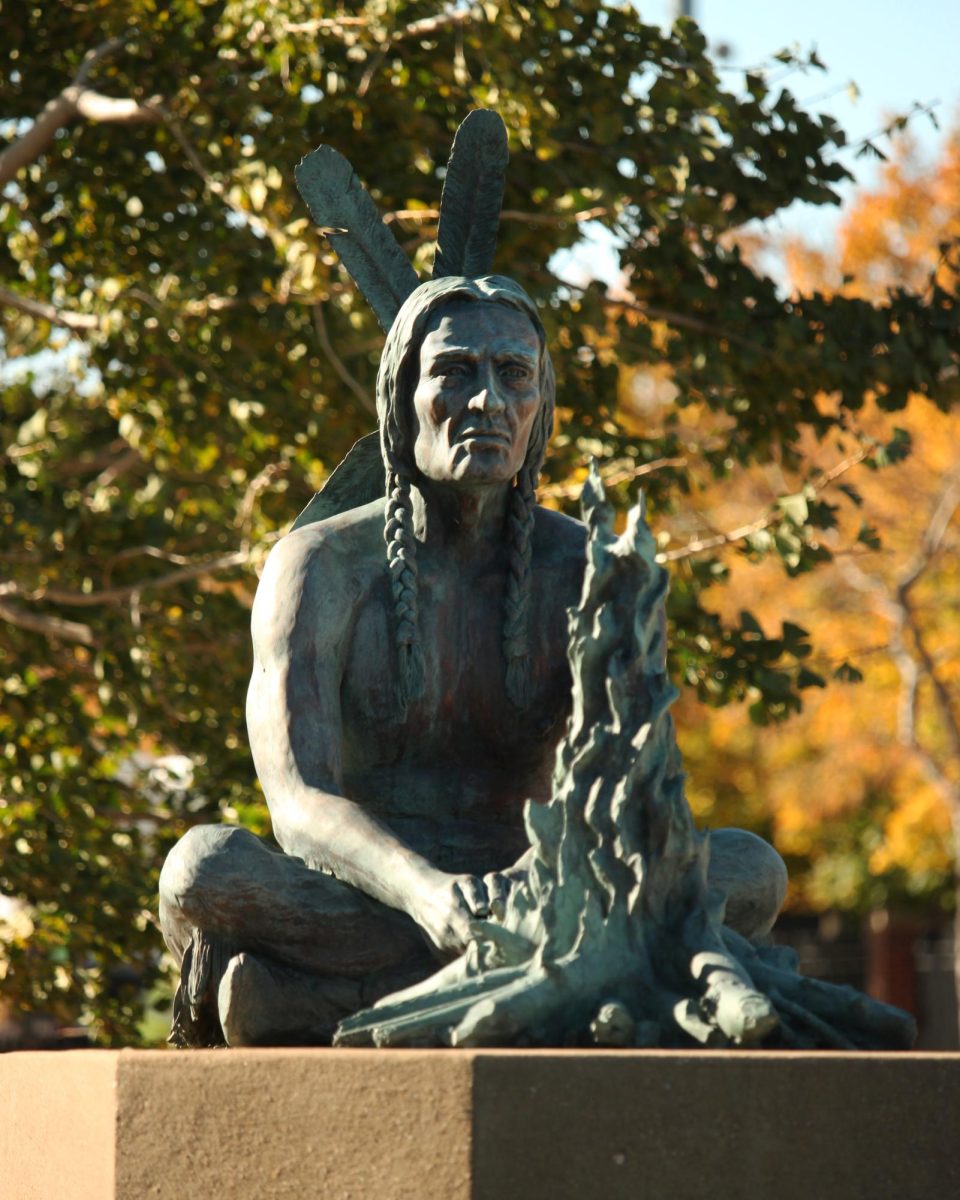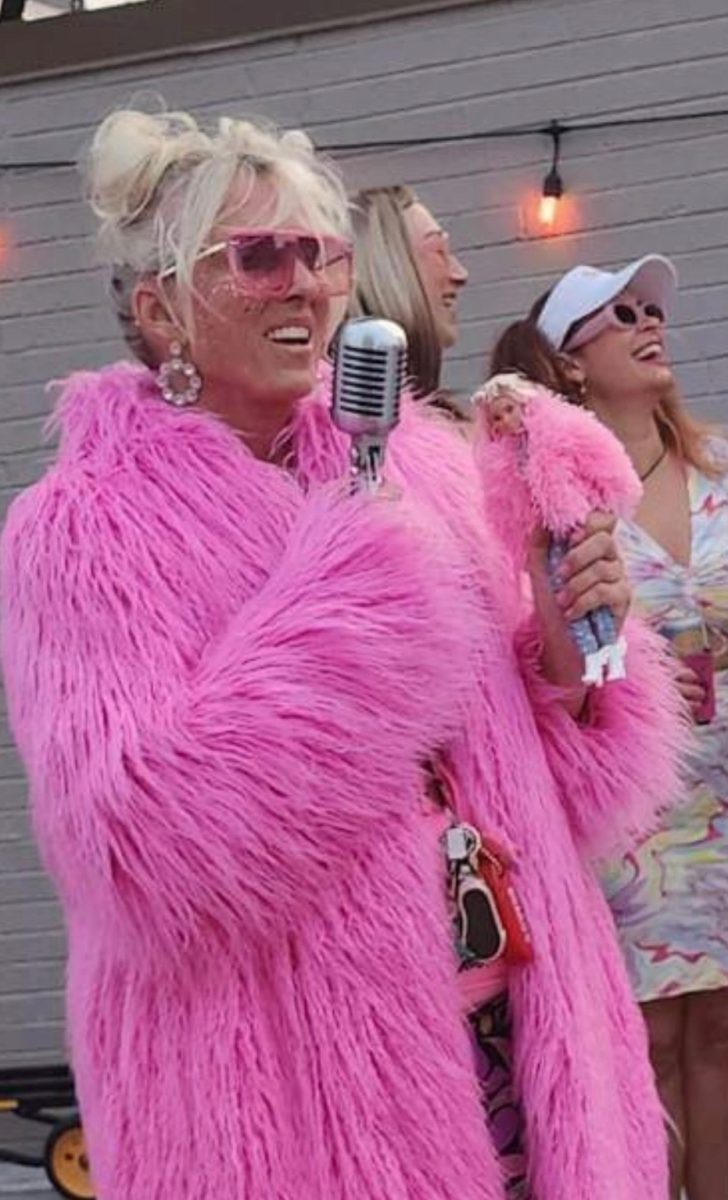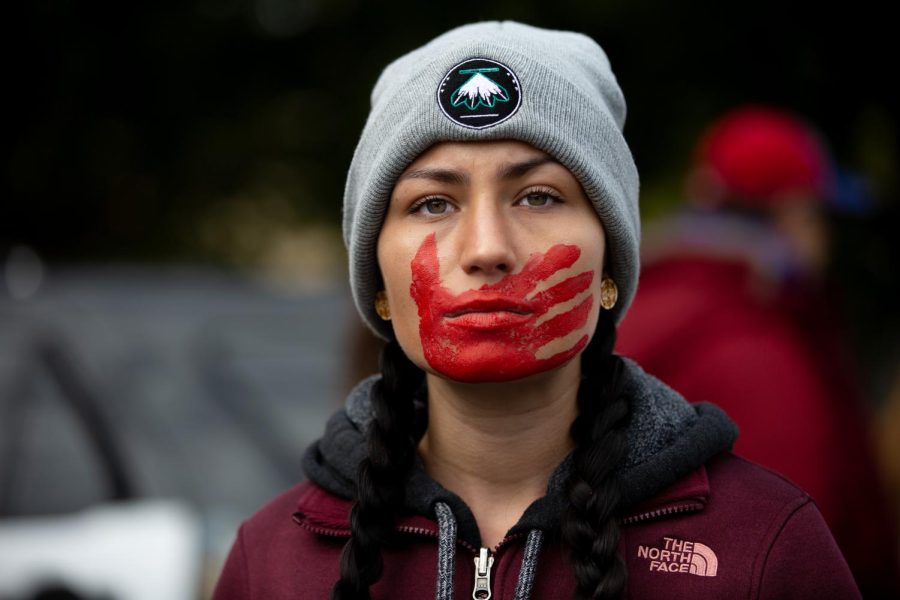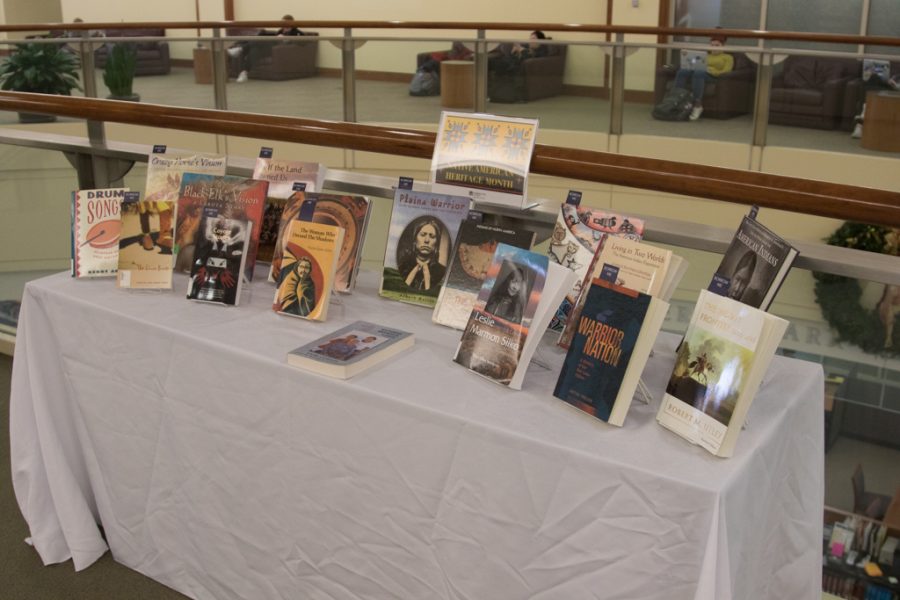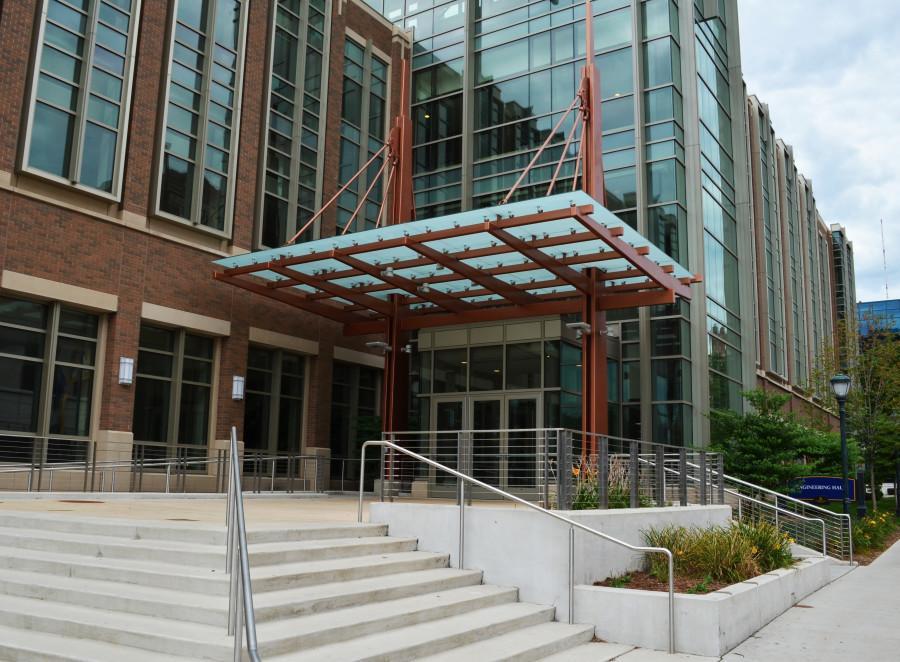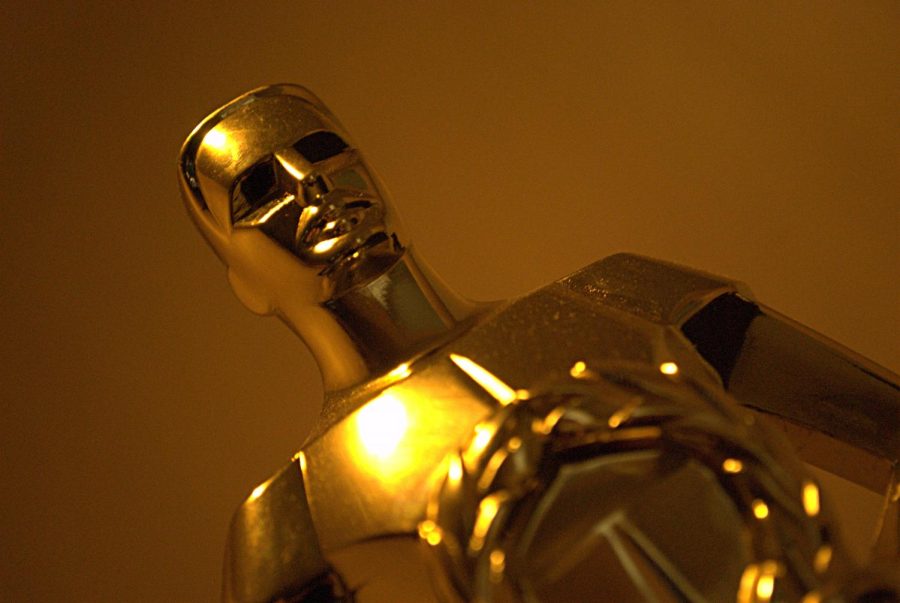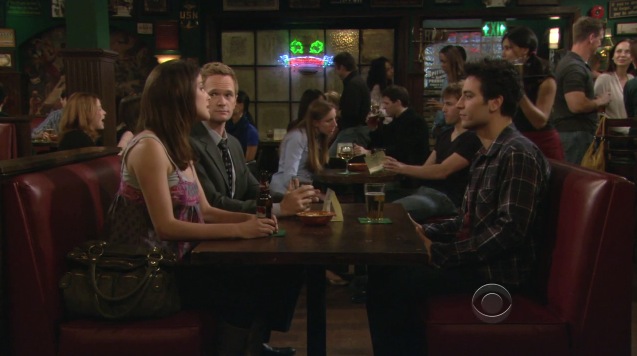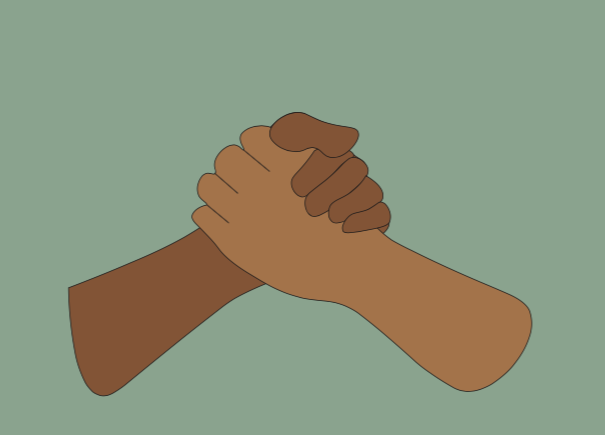As exciting as Halloween is, the holiday has been marred by people who use it as a free pass for casual racism.
America’s Indigenous community has historically fallen victim to cultural appropriation during Halloween, as it was once very common to see people wearing offensive Native American costumes.
In recent years, people have become more aware of how problematic these costumes are, and we have seen major pushback against retailers carrying these costumes.
In 2016, popular seasonal retailer, Spirit Halloween, was criticized for their racist Indigenous costumes depicting “Indian Princesses” and “Reservation Royalty.” Since then, it has been increasingly difficult to find costumes like these at their stores.
However, Indigenous people still face poor treatment during the Halloween season. Movies, television shows and books that are popular this time of year perpetuate the concept of “Indian burial grounds,” locations haunted by the spirits of deceased Native Americans.
The idea is based on outdated stereotypes that Indigenous people possess supernatural powers, and the disruption of their burial sites can awaken vengeful spirits.
It is widely believed the first instance of this trope was in the 1977 novel, “The Amityville Horror” by Jay Ansen, but fears of Indigenous ghosts have existed since America’s colonization. The concept became very popular over time, inspiring books and films such as “The Shining,” “Poltergeist” and “Pet Sematary.”
This trope may seem harmlessly overplayed, but it does do real damage. The belief that Indigenous people have an inherent connection to the supernatural reinforces the idea that they are somehow different from everyone else.
This trope tends to treat Indigenous communities as if they are all the same. In reality, there are more than 574 federally recognized indigenous tribes, all with varying beliefs and practices.
There is not a singular, unified concept of Indigenous spirituality or burial practice, as this trope may lead one to believe.
The trope has been used to assuage white guilt about colonization. By presenting Native Americans as dangerous, savage and mysterious, it was easier to justify aggression and discrimination against them.
Furthermore, instead of recognizing the land stolen and desecrated by European colonizers, stories using the “Indian burial ground” make light of the suffering of Indigenous people.
Marquette University was built on stolen Indigenous land, so we especially have a responsibility to these displaced nations to hold ourselves to a higher standard. Nonetheless, we are also guilty of spreading this pervasive trope.
It is common to hear students and faculty spreading the rumor that Johnston Hall was built on a Native American Cemetery, despite the lack of historical basis to this claim.
This is just one of the ways our community promotes culturally insensitive attitudes without realizing it. Casual racism is dangerous because it easily seeps its way into our daily lives.
Understanding the harm of tropes like the “Indian burial ground” is one place to start if we want to dismantle structures of racism that infect our communities.
Halloween should be enjoyable for everyone, but it cannot be when groups are made to feel less than by the harmful ideas that pervade popular media. During this time of year, it is important to spend time educating yourself, so everyone feels included in the holiday festivities.
This story was written by Joseph Schamber. He can be reached at [email protected].


